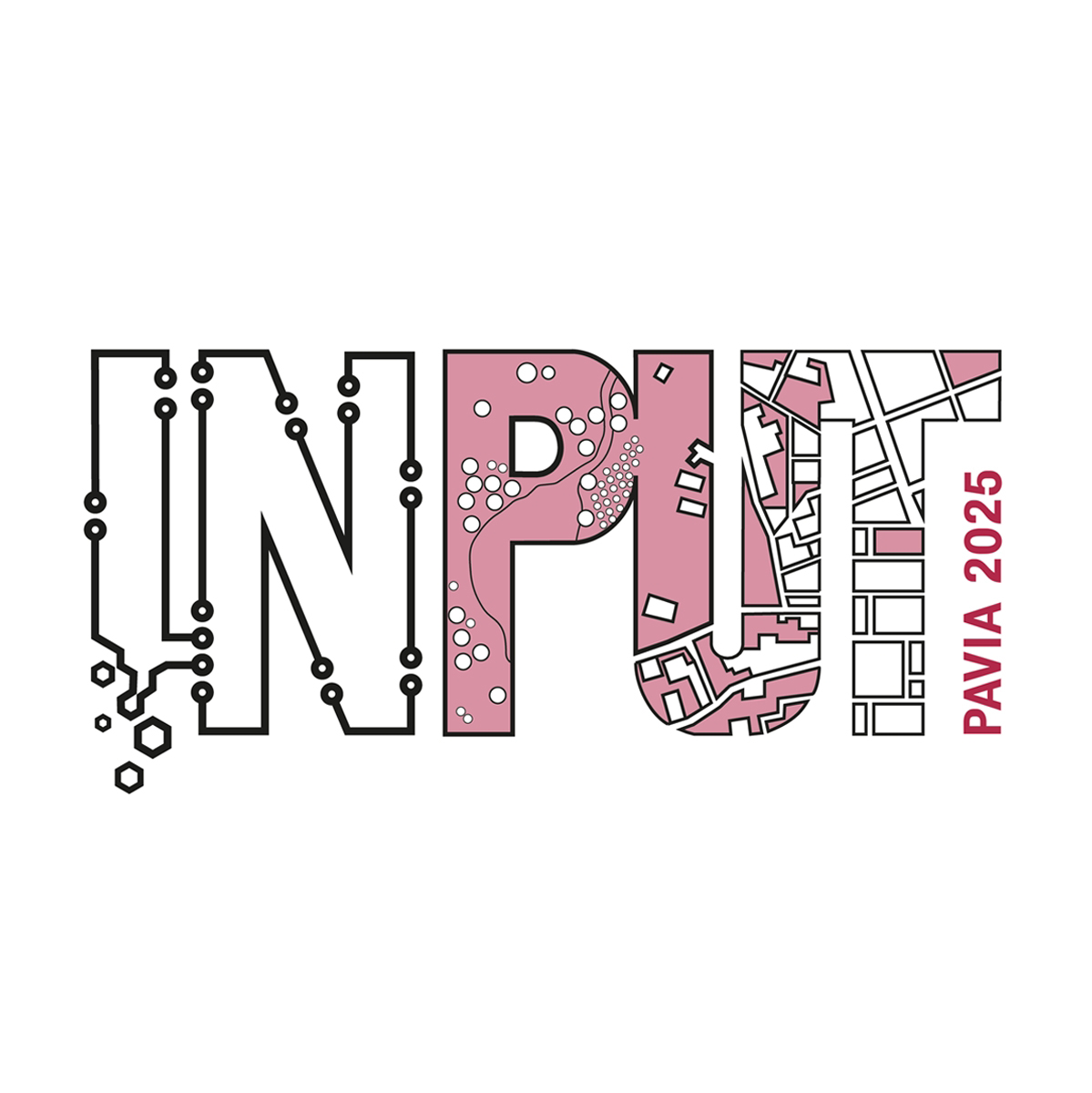Transforming Urban Future: Interactive Technologies and Energy Systems for Climate Neutrality and Resilience
Mohammadpourlima Naghmeh (Åbo Akademi University), Shokri Kalan Ali (University of Vaasa), Esmailpour Zanjani Nastaran (University of Pavia), Alizad Farshid (Islamic Azad University), and Kheiri Gharajeh Hadi (Polytechnic of Milan)
Urban areas are responsible for a large share of global energy consumption and greenhouse gas emissions, making them key players in the fight against climate change. With the world’s population concentrated in cities, and the intensifying impacts of climate change—such as extreme weather events, rising temperatures, and flooding—urban areas must transition to become both climate-neutral and resilient. Despite ambitious goals set by many cities, clear and actionable pathways to achieve carbon neutrality remain uncertain.
This Session will explore practical solutions using advanced technologies such as Artificial Intelligence (AI), interactive tools, and big data to reduce emissions, enhance resilience, and foster community engagement in climate action. It will also highlights how these technologies, alongside advanced energy systems, can help cities manage energy efficiently, monitor environmental impacts, and optimize resources use. In addition to technology, the Session will also cover policy frameworks and governance strategies, focusing on best practices for supporting sustainable urban development and fostering multi-stakeholder approaches to climate governance.
Topics covered will include:
- Interactive technologies (gamification, VR, AR, platforms, etc.) to engage citizens in climate action;
- Data-driven tools (AI, big data, IoT, sensor networks, etc.) for monitoring environmental impacts and optimizing resource use;
- Smart energy systems and the integration of renewable solutions;
- Policy frameworks and governance strategies to drive urban climate transitions;
- Urban data ecosystems to support climate action and policy-making;
- Citizen science and social innovation for inclusive climate action.
This interdisciplinary Session unites experts in urban planning, energy, and policy—alongside providers, academics, and researchers in urban development—to explore innovative solutions for shaping climate-neutral and resilient cities of the future.
Keywords: interactive technologies, renewable-based energy systems, smart and sustainable cities, carbon neutrality, climate change
